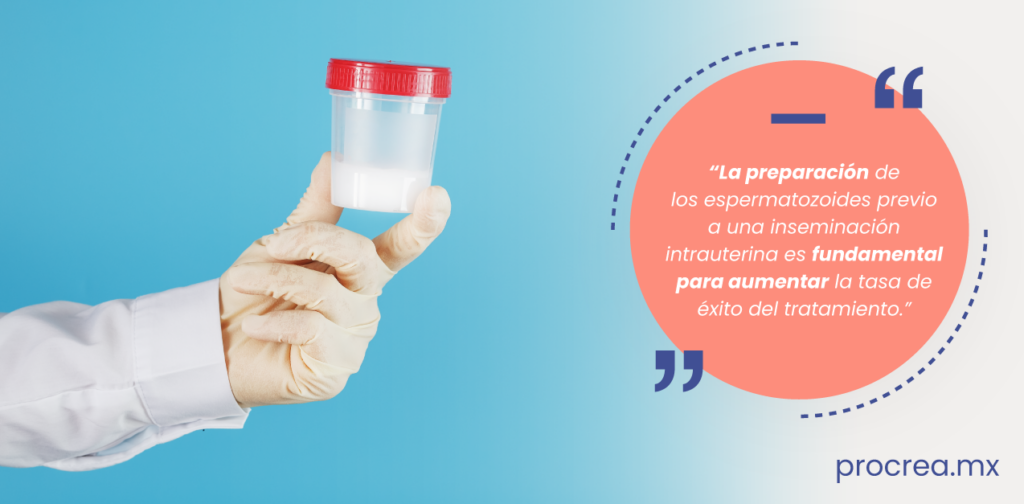- Seminal lavage is a procedure utilized in assisted reproductive techniques to Assisted Reproduction separate spermatozoa from other seminal components. It is a crucial step in various fertility treatments, including invitro fertilization and Intrauterine insemination. Here, we provide further details about this technique
Significance of Seminal lavage in Intrauterine Inseminatio
The preparation of spermatozoa before Intrauterine Insemination (IUI) is vital for enhancing the success rate of the treatment. The designated technique is Seminal lavage whichinvolves separating spermatozoa from seminal fluid. This aids in improving the quality and safety of the semen used for insemination by:
- - Eliminating contaminants such as bacteria, viruses, and potential allergens.
- Enhancing sperm quality by removing dead or abnormal spermatozoa.
- Minimizing the risk of immune reactions, such as inflammation or semen rejection.
- Preventing the transmission of sexually transmitted infections (STIs) or other diseases that might be present in the semen.
How is Performed Seminal lavage?
The process of Seminal lavage involves several steps. Initially, a semen sample is collected in a sterile container. Subsequently, the sample undergoes a natural process called liquefaction, which aids in the handling and processing of the sample. Once liquefaction occurs, the sample is gently mixed to ensure homogeneity. A small portion is then taken for analysis.
The primary technique used in Seminal lavage is density gradient centrifugation. This involves centrifuging the sample at a specific speed and duration to separate the different components. After centrifugation, purified spermatozoa are collected from the bottom of the tube and washed to ensure a clean and concentrated sperm sample.
When is it recomended?
- Seminal lavage is employed in cases where male factor infertility is the cause, such as when the man has a low sperm count or poor sperm mobility. It is also recommended in situations where the couple has an STI when donor semen is used, or in cases where the recipient has a history of allergy to seminal fluid components.
It's important to note that the decision to perform Seminal lavage depends on the specific circumstances and medical history of individuals undergoing the treatment. If you are planning a pregnancy or want to learn more about the topic, reach out to us, we have certified specialists in assisted reproduction who will provide personalized care and address your queries.











